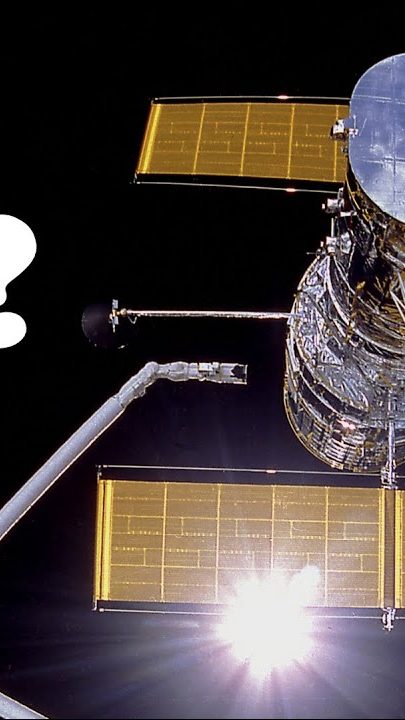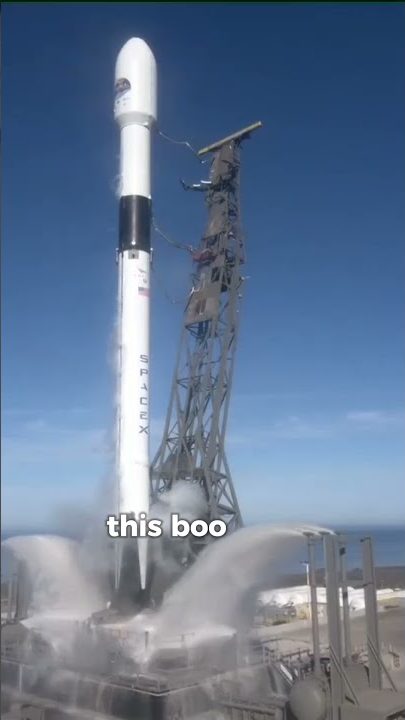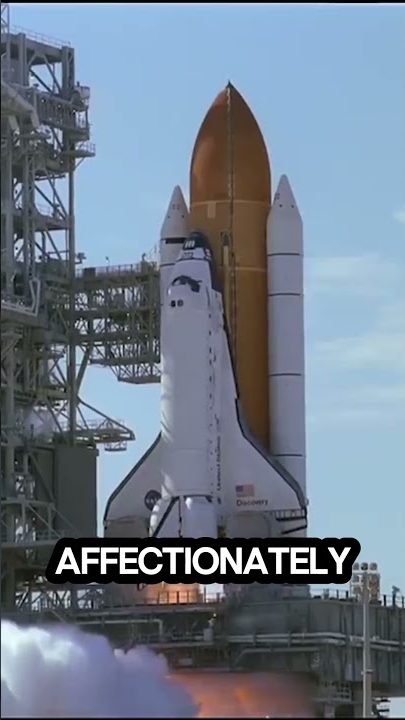Hubble’s launch had the world watching in awe.
Yet, soon after, the excitement turned into concern. The telescope’s images were disappointingly blurry, a problem traced back to its primary mirror.
This mirror, a massive 7.9-foot disk, was too flat at its outer edges due to a flaw during its fabrication.
The issue, known as spherical aberration, was a result of a tiny, yet significant, 1.3-millimeter error in a testing device called a null corrector.
Imagine looking through glasses with the wrong prescription; that’s what Hubble’s initial images were like.
The solution, akin to fitting Hubble with corrective lenses, came in the form of the COSTAR instrument and a redesigned camera.
Installed by astronauts in 1993, these fixes sharpened Hubble’s vision, transforming it from a flawed tool to a groundbreaking observatory.
Subsequent instruments were designed with built-in corrective optics, and COSTAR was removed in 2009.



